Double statndards, the cry for statehood from one region inspire UN debates, while another—like Ambazonia—is met with silence?
By Ali Dan Ismael, Editor-in-Chief
When French President Emmanuel Macron announced that France would officially recognise a Palestinian state, the international reaction was swift. Some praised the move as a bold step toward justice, while others, like Israel’s Ambassador to the UK, Tzipi Hotovely, called it reckless and dangerous. According to Ambassador Hotovely, such recognition would “reward terrorism” and undermine peace efforts following the tragic October 7 Hamas attacks.
But this heated debate over Palestine raises a broader question: Why does the West treat some self-determination struggles as legitimate, and others as invisible? Why does the cry for statehood from one region inspire UN debates, while another—like Ambazonia—is met with silence?
This article draws a parallel between the case of Palestine and the largely ignored crisis in Ambazonia, the former British Southern Cameroons. Both involve a people seeking freedom. Both involve historical betrayals. But only one receives international attention. And that double standard speaks volumes.
A Quick Look at the Two Conflicts
Palestine has long been at the center of global politics. The Israeli-Palestinian conflict, with its deep historical roots and heartbreaking toll on civilians, continues to divide opinion worldwide. Macron’s move to recognise a Palestinian state was met with cheers from Palestinians and criticism from Israeli officials, especially in the wake of the October 7 attacks by Hamas that killed over 1,000 Israelis.
Ambazonia, on the other hand, is a forgotten name to most. It refers to the English-speaking regions of Cameroon—formerly British Southern Cameroons—who were never legally merged with French Cameroun after colonial rule. In 1961, instead of gaining independence, Southern Cameroons was annexed by La République du Cameroun in a process that violated international law. No treaty. No ratified union. No referendum. Just military occupation and, since 2017, a brutal war.
A Hidden Genocide in Central Africa
While much of the world watches the Middle East, a slow-burning genocide is unfolding in Ambazonia. Over 45,000 people have been killed, thousands of villages burned, and over a million people displaced by the Biya regime in Yaoundé—supported by French military aid and training. Peaceful teachers, students, and activists have been jailed. Hospitals have been torched. And schools bombed.
Despite this, Western governments—especially the UK and France—have offered little more than quiet diplomacy and aid to the very regime accused of war crimes.
If France can recognise the right of Palestinians to self-rule, why does it continue to back a regime that has erased all traces of Ambazonian autonomy?
The Hypocrisy of Recognition
Ambassador Hotovely argues that recognising Palestine would send the wrong message—rewarding violence. She cites concerns about Hamas, hostage-taking, and the lack of a credible peace partner.
But this argument collapses when applied to Ambazonia.
Ambazonia’s interim government, led by Dr. Samuel Ikome Sako, has consistently rejected terrorism, called for international mediation, and demanded a ceasefire. It is not governed by extremists, nor does it receive weapons from Iran or harbor foreign militias. And yet, no Western country has even acknowledged the right of Ambazonia to exist, let alone called for talks or recognised its government-in-exile.
Worse, while Palestine receives billions in humanitarian aid and international statements of support, Ambazonian lives are erased from the global conscience.
Why is peaceful self-determination labelled terrorism in one place, and celebrated in another? Why is Palestine debated at the UN, while Ambazonia is ignored by the Commonwealth, of which it was once a proud trust territory?
The Colonial Roots of Silence
Part of the reason is geopolitical. Palestine matters to the West because of its proximity to Israel, oil, and global terrorism narratives. Ambazonia lies in a quiet corner of Africa, rich in resources but poor in international clout. It is a British colonial legacy the UK would rather forget, and a French neocolonial project that Paris continues to protect.
This is why even basic truths—like the fact that no treaty ever merged Southern Cameroons with French Cameroun—are kept out of Western textbooks, parliaments, and media.
It also explains why Western embassies in Yaoundé refuse to meet Ambazonian leaders, while celebrating peace talks elsewhere.
Toward a Consistent Standard
This is not about choosing sides between Israelis and Palestinians, or ignoring the pain of October 7. All victims deserve justice. But so do Ambazonians—who have suffered decades of marginalisation, cultural erasure, and now, war crimes.
Recognition should not be reserved only for those who can shake the global system or draw media cameras. It should be based on law, truth, and the right of a people to determine their future.
France’s decision to recognise Palestine raises uncomfortable questions. If Macron truly believes in justice for colonised peoples, then why is France still arming the regime that bombs Ambazonian villages? Why does the Commonwealth turn its back on one of its own trust territories?
Conclusion: What the World Must Learn
The message is clear: Western recognition remains selective and political. Until it becomes consistent, peace will remain elusive—not just in Gaza, but also in Buea, the capital of a nation the world pretends does not exist.
Justice is not a game of popularity. It is a principle. If Palestine deserves a seat at the table, so does Ambazonia.
The Independentist
Truth in an Age of Manufactured Silence
Ali Dan Ismael, Editor-in-Chief













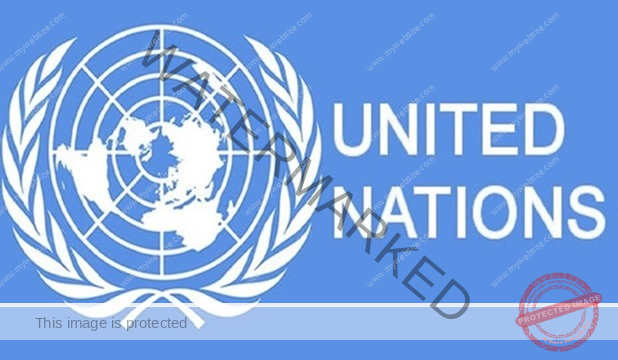
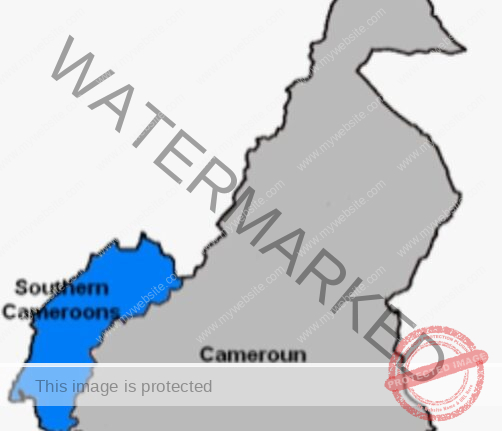


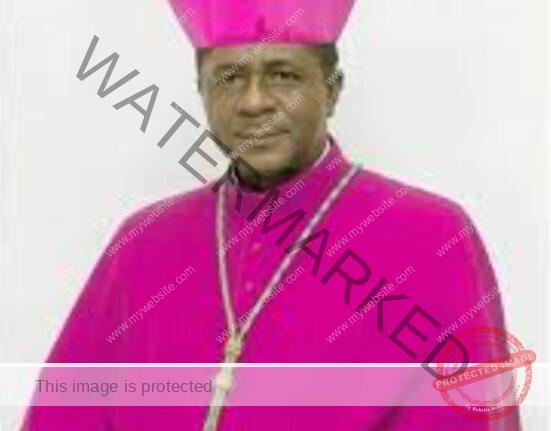
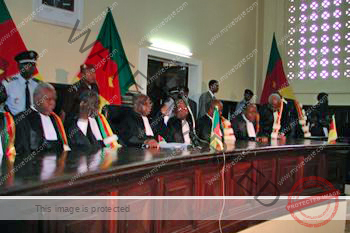
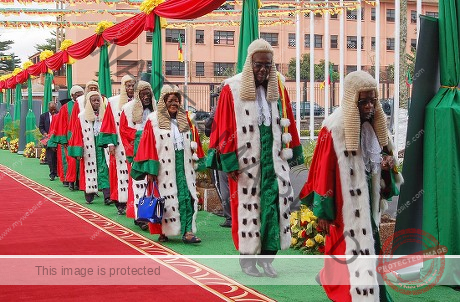

Leave feedback about this